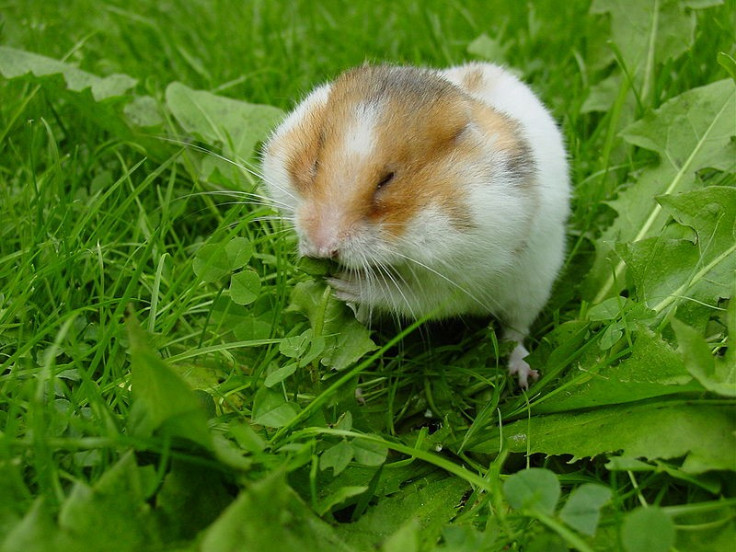Teenage Sex Could Lead to Mood Swings

Teenage sex could lead to mood swings, brain development alterations and small reproductive tissues, a new study has found.
Ohio State University College of Medicine have concluded that early sexual experiences during the development of the brain.
Their research led them to engage a group of 40-day-old hamsters in sexual activity, a group of 80-day-old hamsters and a third group who engaged in no sexual activity.
They then underwent tests to check their moods to see if sexual activity throughout the different stages of a hamster's life affected it differently
They found that the 40-day-old hamsters put little-to-no effort into swimming, which could have pointed to depression. They also found they were frantic in their maze exploration – a sign of anxiety.
What's more, they also found that the reproductive tissues, seminal vesicles – which secrete semen – and vas deferens – which transport it – were smaller, depending on the age of the hamster when it first mated.
Co-author of the study said their findings on hamsters didn't necessarily apply directly to humans as hamsters are far less complex than humans.
He told a LiveScience, a science website: "Much more research needs to be done in both human and animal models to understand how these types of experiences translate into changes in mood and physiology."
© Copyright IBTimes 2025. All rights reserved.





















